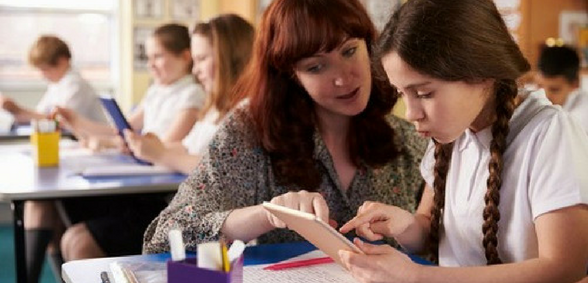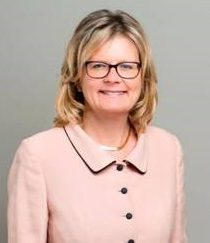
Marina Gardiner Legge, headteacher at Heathfield, a leading independent secondary boarding and day school in Ascot for girls aged 11 to 18, shares her thoughts on which skills best equip girls for multiple careers in an ever-changing workplace
 With the economy changing, markets becoming more global, and increasing automation leading to huge changes in industry, young women leaving school in the next five years will have a much longer working life, potentially in careers that do not yet exist. How can a school prepare them when there are so many unknowns?
With the economy changing, markets becoming more global, and increasing automation leading to huge changes in industry, young women leaving school in the next five years will have a much longer working life, potentially in careers that do not yet exist. How can a school prepare them when there are so many unknowns?
A 2017 report from the Sutton Trust, Life Lessons, highlights the recognition among teachers, employers and young people on how important life skills are to the success of young people. I agree wholeheartedly. Taking academic excellence as a given, there are other skills that are increasingly important to children’s wider development, such as confidence, social skills, self-control, motivation, and resilience – all essential ‘life-skills’.
As the report says, these attitudes, skills and behaviours underpin success in school and work, and include the ability to respond to setbacks, work well with others, build relationships, communicate effectively, manage emotions, and cope with difficult situations.
It is apparent that success in the future will require a highly-educated, smart and adaptable workforce and young people will need well-developed, high-level ‘soft skills’ such as the ability to learn rapidly and take the lead in careers that don’t yet exist. They will need imagination and ‘big picture’ thinking to find creative original solutions, but they will also need to fine-tune their critical faculty so they can drill down and identify weaknesses in plans and projects.
If we are to educate our students to value and develop their imagination and creativity, to become more collaborative and to see innovation as a worthwhile goal, then we need to look beyond the traditional school curriculum. Extramural activities must offer value-added opportunities giving the students the opportunity – and the time – to pursue their own interests, to be confident and motivated and to relish fresh challenges.
She taught English at Rutlish school in south-west London and moved to Heathfield as Director of Studies where her role was to drive up academic standards. This year, Heathfield celebrated record examination results and has just been named in The Telegraph’s top 10 small independent schools by exam ranking. She became Head of Heathfield in 2016.
Don’t forget to follow us on Twitter and keep up-to-date with the latest news and features
